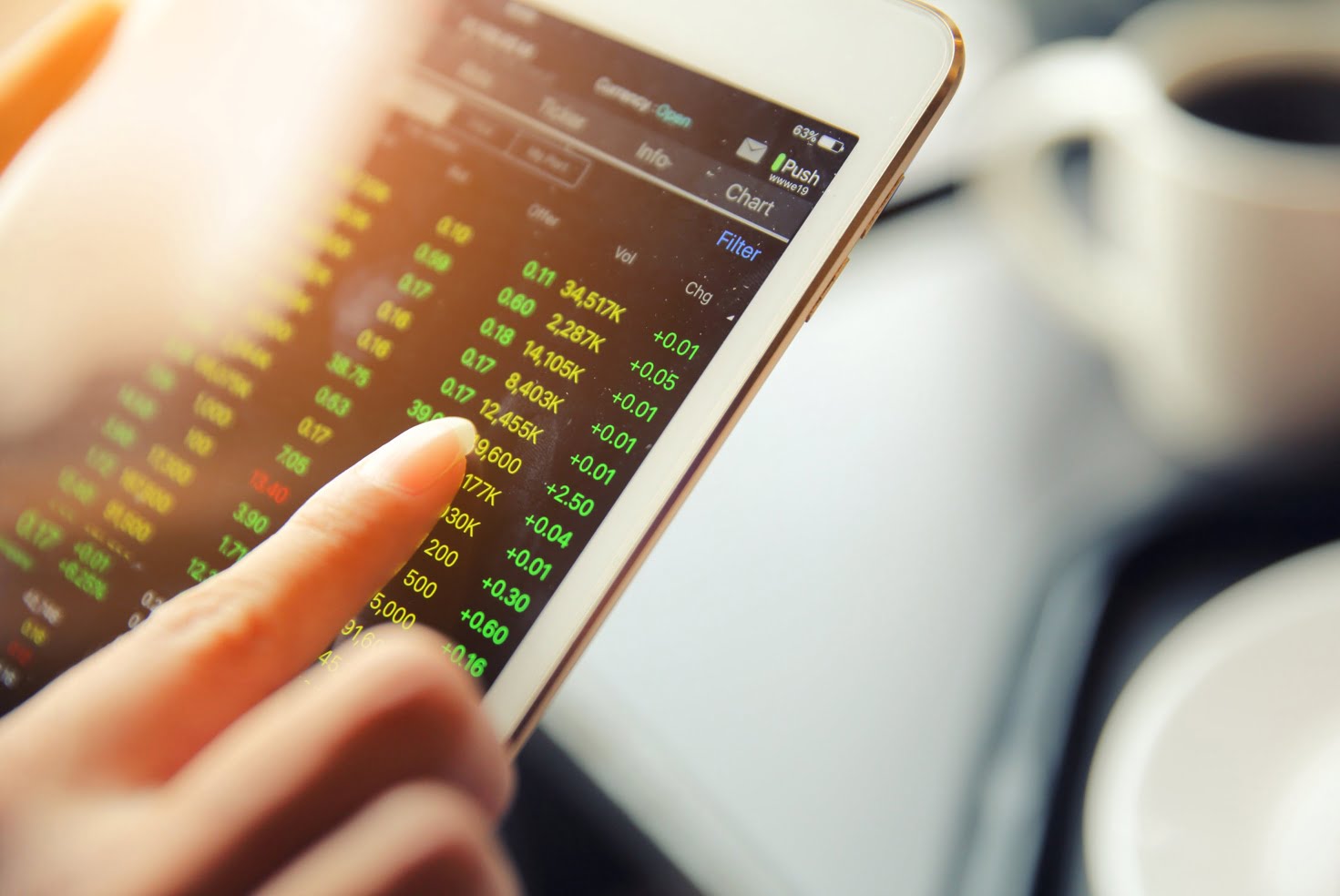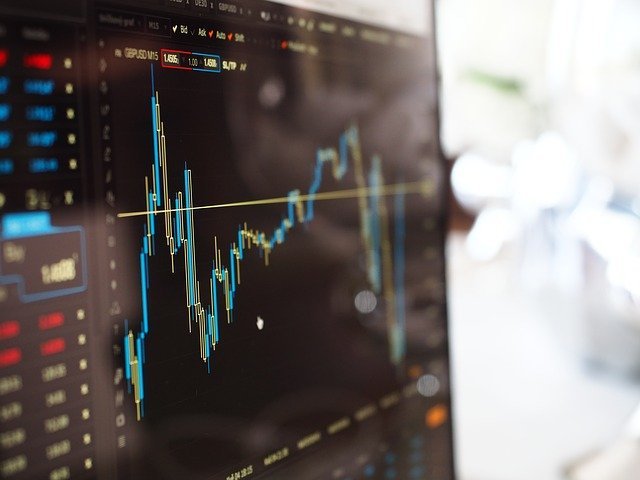Take a look down Instagram or another social media platform, and it won’t be long before you get to posts which promise the earth to wannabe foreign exchange traders. Posts claiming that you can live a luxury lifestyle with just a little bit of effort abound on these platforms – and plenty of people are taken in every day.
But the reality is, of course, different. Foreign exchange trading is not as straightforward or automatically lucrative as posts on social media might make it seem. The truth is that forex trading is not risk-free – and there is, in fact, a whole range of potential pitfalls that a forex trader might encounter. This article will explore three of the most common risks and explain how you can help defend yourself and your trading portfolio against these problems.
Transaction risks
First off, it’s important to flag that no transaction placed over the internet can ever be wholly secure. The risk that you’ll fall victim to a scam or some other sort of fraud is ever-present when you’re sending money from one computer to another: all that can change is the likelihood of it happening, and that depends on what preventive measures you take.
As a forex trader, your main transactions are likely to be deposits made to your broker. If completed successfully, the money tends to be stored in an online account which you access through the broker’s platform, and which is then “spent” as you open positions. But fraud in this process does happen, sadly. Malicious actors can intercept transactions, for example, while fake bank account sites are becoming more sophisticated.
And it can also sometimes be the case that a broker that looks like a serious outfit can be a fraudulent one. For that reason, you should always check out the broker you plan to use – and consult the regulator in the relevant jurisdiction to check that some oversight is in place. Reading online reviews like this Stormgain review from a trusted site like Forex Traders is also a wise move, as that way, you can increase the chances of weeding out the bad apples before any money changes hands.
Translation risks
Away from fraud, it’s also possible for other risks to creep in when trading foreign exchange online. Forex trading is, by its nature, international. As a result, a language barrier may appear for those who pursue a fundamental trading approach by taking in the asset’s full context, including any relevant economic news from its country of origin. If you’re trading the EUR/JPY pair but don’t have Japanese language skills, for example, you may have to rely on translator software to read Japanese news – and if a mistranslation occurs and you trade the wrong way, you could lose money.
One possible way around the problem is to avoid using foreign news sites altogether to avoid the risk of mistranslation. But that is itself a risk: there may be some vital information on those sites that you need to make an informed judgment. It may instead be worth exploring whether a specialized forex intelligence provider is right for you and, in essence, outsourcing this news-gathering process to a professional.
Economic risks
Finally, it’s important to remember that the foreign exchange market is highly volatile and is at risk of changing direction at any moment. This poses a risk that some traders may not deem acceptable. Not every market is like this, and for those with a low-risk tolerance, it may well be better to go for a less volatile market like the bond market (although no market, of course, is ever risk-free). Even if you choose to pursue the forex markets, you should always bear in mind that the ultimate direction of the markets is not set in stone. You must use adequate risk management tools from your broker as required.
Overall, it’s not difficult to get disheartened when looking at the foreign exchange market and considering whether or not to enter. There are, after all, a large number of risks involved ranging from the possibility of intercepted cash to the chance that the economy and markets will turn against you. But there’s no reason to avoid the foreign exchange markets altogether. Instead, it’s prudent to simply exercise caution, measure and understand your risks, and then proceed based on an informed judgment.


